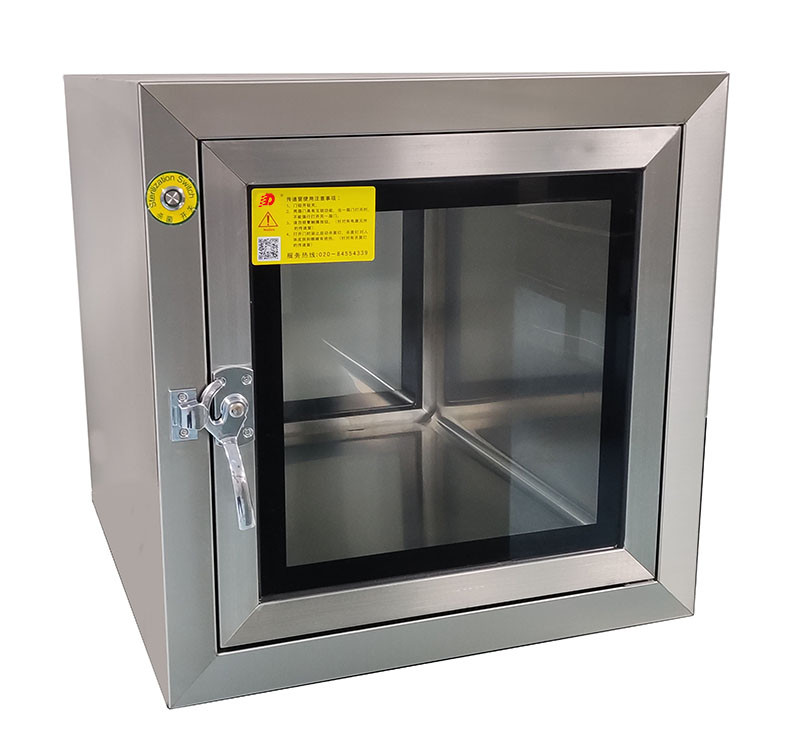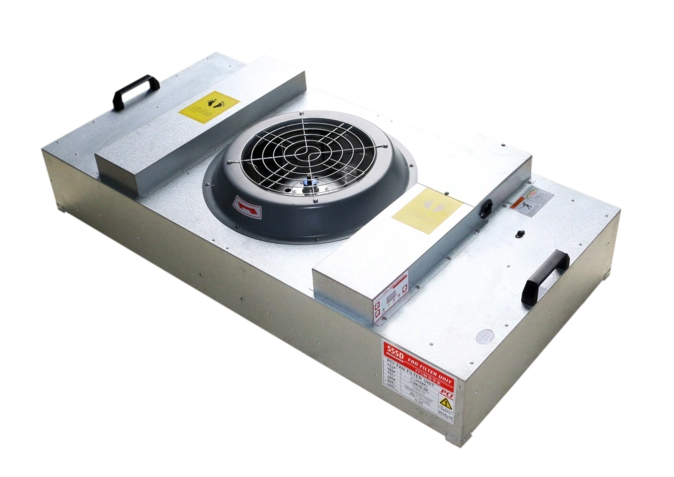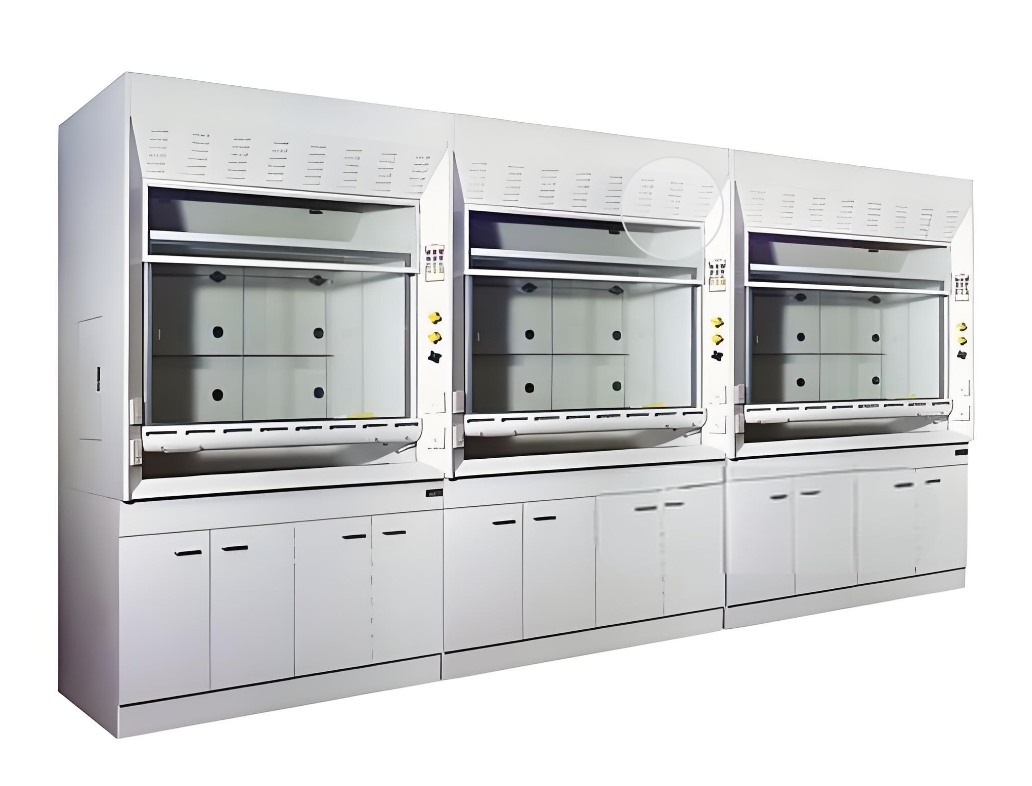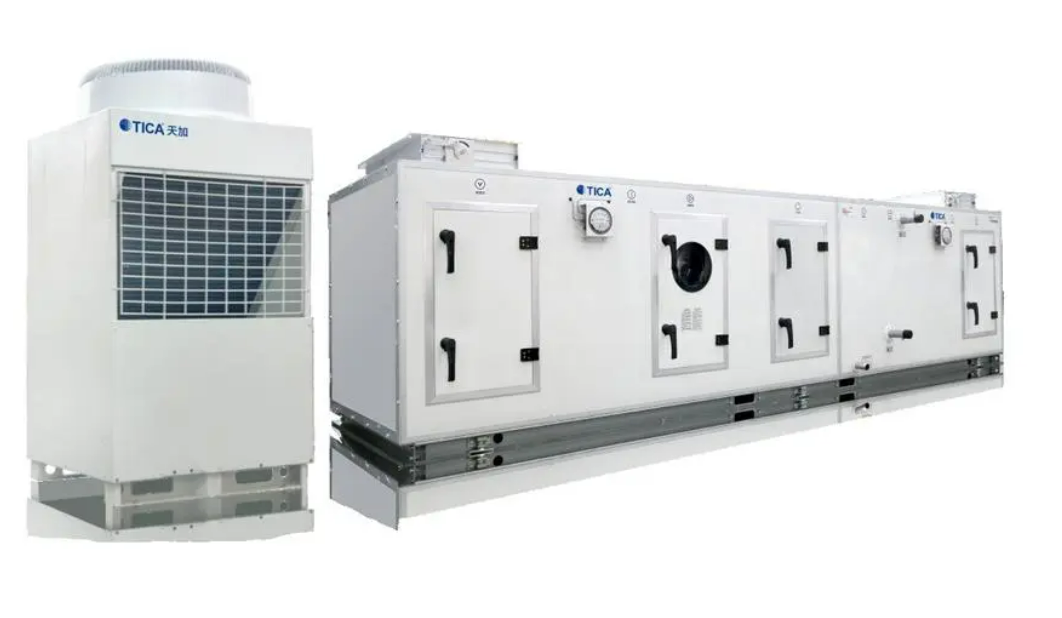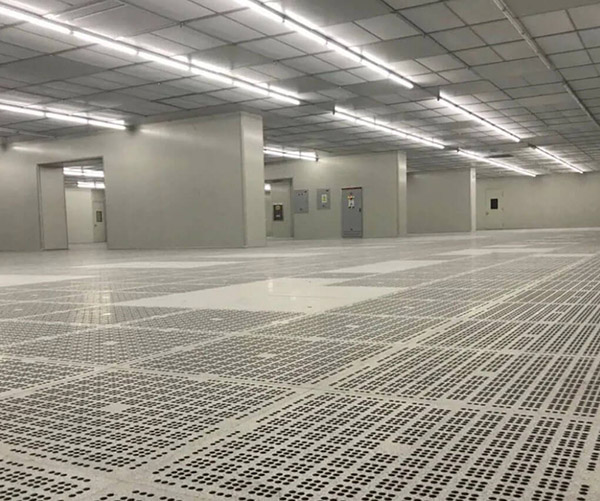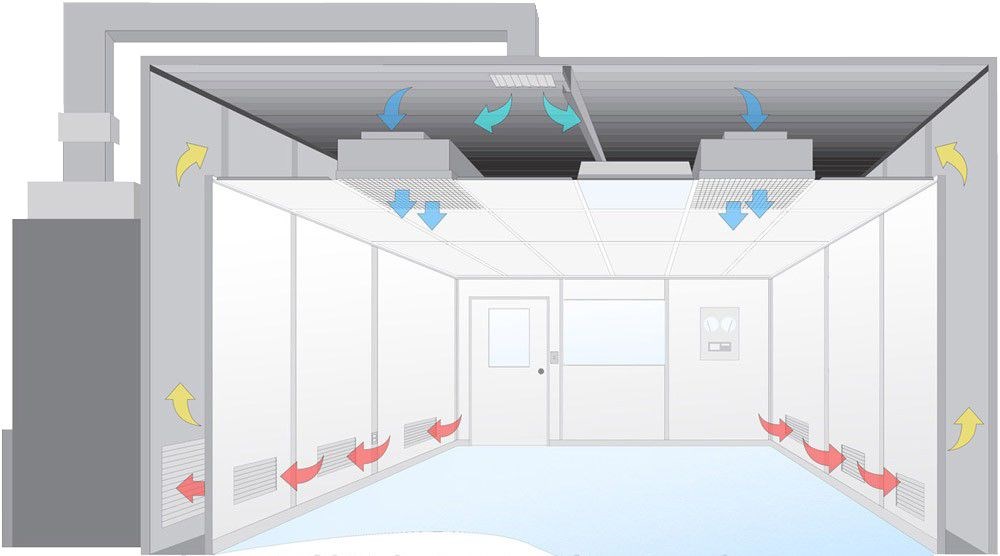In Clean room management, the health of employees directly affects the maintenance of the clean environment and the safety of product quality. Whether or not an employee can enter A Clean Room if they are sick is an issue that needs to be taken seriously. This article will analyze this issue from a variety of aspects, including rest and labor laws, the use of clean room industry, and the impact of sick employees on different clean room environment.
Rest and labor laws

Sick employees should first consider rest and rehabilitation. According to the relevant labor laws, employees in the case of physical discomfort, should give priority to rest to restore health. Forcing sick employees to continue to work may not only affect their health recovery, but also violate labor laws, resulting in the employer to bear the corresponding legal liability. Therefore, employees should take the initiative to report to management when they are sick to avoid entering the clean room.
The clean shed use industry
Clean room plays an important role in many industries, including medical, pharmaceutical, food, Electronics, new energy, aviation, automotive and other fields. Different industries have different management requirements for clean room, but the common principle is to ensure that the environment of clean room is not contaminated.

1. Medical and pharmaceutical industries: In these industries, clean rooms are used for the production of medicines and medical devices, and any potential health risks can lead to serious consequences. For this reason, sick employees are not allowed in the clean room. 2.
2. food industry: food production requires strict control of microorganisms and contaminants, and sick employees may bring pathogens that increase the risk of product contamination.
3. electronics and new energy industry: although these industries clean shed is mainly concerned about the control of particulate matter, but the health status of employees still need to pay attention to prevent sick employees infected with other colleagues.
Medical, pharmaceutical, food and other industries clean shed
In the medical, pharmaceutical and food-related clean shed, sick employees into the particularly inappropriate. Specific reasons include:
1. Risk of contagion: Sick employees may carry viruses or bacteria, and upon entering the clean room, it is very easy for them to spread pathogens to other employees or even contaminate the production environment.
2. Product safety: In these industries, product cleanliness and safety are of paramount importance, and any external contamination can lead to a drop in product quality and even serious legal consequences.
3. Compliance: The medical and food industries are usually subject to strict regulations, and the entry of sick employees may violate industry norms and cause companies to face penalties.
Electronics, new energy, aviation, automotive and other industries clean shed

In the electronics, new energy, aviation and automotive industries, the main consideration for sick employees entering a clean room is contagion. Although these industries are more concerned about the control of particles and chemical substances, but employee health should not be ignored:
1. Team health: Sick employees can spread germs to other coworkers, reducing the overall productivity of the team.
2. Productivity: If multiple employees are absent due to infections, this can have an impact on the production line, affecting deliveries and production schedules.
3. Preventive measures: To avoid contagion, companies should establish a strict health management system to ensure that sick employees are not allowed to Enter the clean room until they have recovered.
sick employees should not enter the clean room. Whether it is for the health of individual employees or to protect the environment and product quality of the entire cleanroom, it is vital to ensure that employees choose to rest and recover when they are sick. Organizations should improve health management and education to ensure that all employees understand what to do when they are sick in order to maintain the high standards and safety of the cleanroom.
 +86 18186671616
+86 18186671616 Jason@cleanroomequips.com
Jason@cleanroomequips.com
 MENU
MENU







